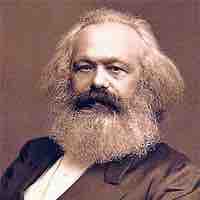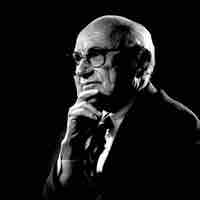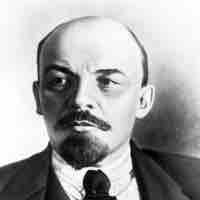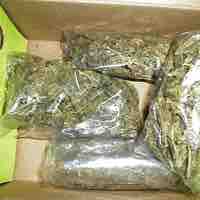Section 1
Economic Systems
By Boundless

In the most simple of terms, economies consist of producing goods and exchanging them; they are fundamentally social systems.
Capitalism is a system that includes private ownership of the means of production, creation of goods for profit, competitive markets, etc.
Karl Marx saw capitalism as a progressive historical stage that would eventually be followed by socialism.

Socialism is an economic system in which the means of production are socially owned and used to meet human needs, not to create profits.

Critiques of socialism generally refer to its lack of efficiency and feasibility, as well as the political/social effects of such a system.

Democratic socialism combines the political philosophy of democracy with the economic philosophy of socialism.

The informal economy consists of economic activity that is neither taxed nor regulated by a government.
Welfare capitalism refers to a welfare state in a capitalist economic system or to businesses providing welfare-like services to employees.